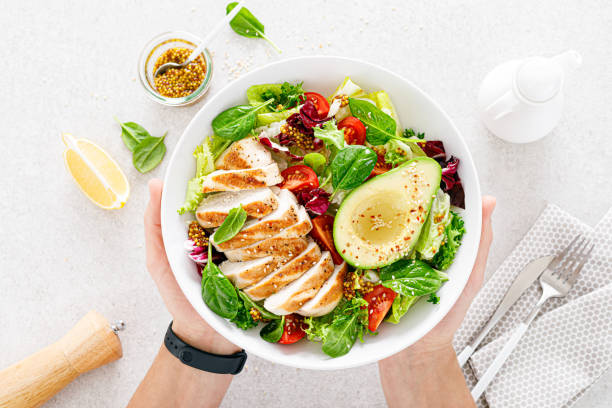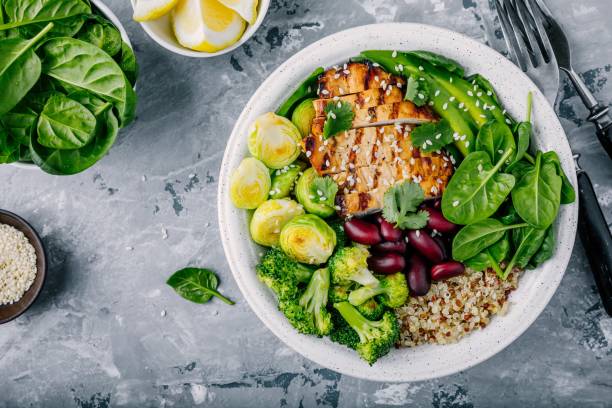How Many Calories per Meal? Understanding Your Daily Caloric Needs
When it comes to maintaining a healthy diet, one of the key factors to consider is the number of calories you consume each day. But how many calories should you be aiming for in each meal? And what factors influence your daily caloric needs? In this article, we’ll explore these questions and provide some tips for determining the right caloric intake for you.
First, it’s important to understand that the number of calories you need per day depends on a variety of factors, including your age, sex, weight, height, and activity level. Generally, men need more calories than women, and active people need more calories than sedentary people. The Centers for Disease Control and Prevention (CDC) provides general guidelines for daily caloric intake based on these factors. According to the CDC, the average adult man needs about 2,500-3,000 calories per day, while the average adult woman needs about 2,000-2,500 calories per day.
But these are just general guidelines, and your specific caloric needs may be different. To determine your specific caloric needs, you can use an online calculator or consult with a healthcare professional or registered dietitian. These resources can help you determine a more precise caloric intake based on your individual characteristics and goals.
Now, let’s move on to the question of how many calories you should aim for in each meal. The general rule of thumb is to aim for balanced meals that provide a variety of nutrients and are not too high in calories. A good starting point is to aim for meals that provide about 500-700 calories, depending on your overall daily caloric needs. For example, if you need 2,500 calories per day, you might aim for 500-700 calorie meals and then add in a few healthy snacks to reach your daily caloric goal.
It’s also important to note that the type of calories you consume is just as important as the quantity. Aim for meals that are rich in nutrients and low in added sugars, saturated and trans fats, and sodium. Choose whole, unprocessed foods like fruits, vegetables, whole grains, lean proteins, and healthy fats. These types of foods will not only help you feel full and satisfied, but they will also provide the nutrients your body needs to function properly.
Another factor to consider is the timing of your meals. It’s generally recommended to eat smaller, more frequent meals throughout the day to help keep your energy levels stable and prevent overeating. This can also help you better manage your weight, as it can be easier to control your caloric intake when you’re eating smaller, more frequent meals.
It’s also important to remember that everyone’s caloric needs are different, and what works for one person may not work for another. It’s important to listen to your body and pay attention to how you feel after eating different types and quantities of food. If you’re feeling sluggish or hungry all the time, it might be a sign that you need to adjust your caloric intake.
In conclusion, determining the right number of calories per meal is an important part of maintaining a healthy diet. By considering your age, sex, weight, height, activity level, and goals, you can determine your specific caloric needs and aim for balanced meals that provide the nutrients your body needs. Don’t forget to also pay attention to the type of calories you’re consuming, and try to eat smaller, more frequent meals throughout the day. With a little bit of planning and attention to your body’s needs, you can find the right caloric intake for you.

 Home
Home Health
Health Diet & Nutrition
Diet & Nutrition Living Well
Living Well More
More












